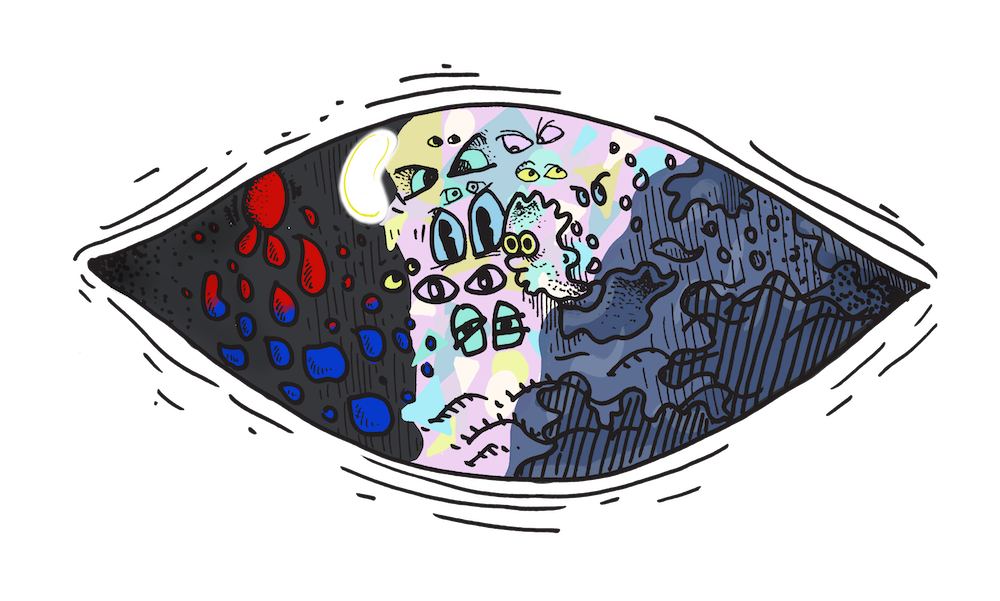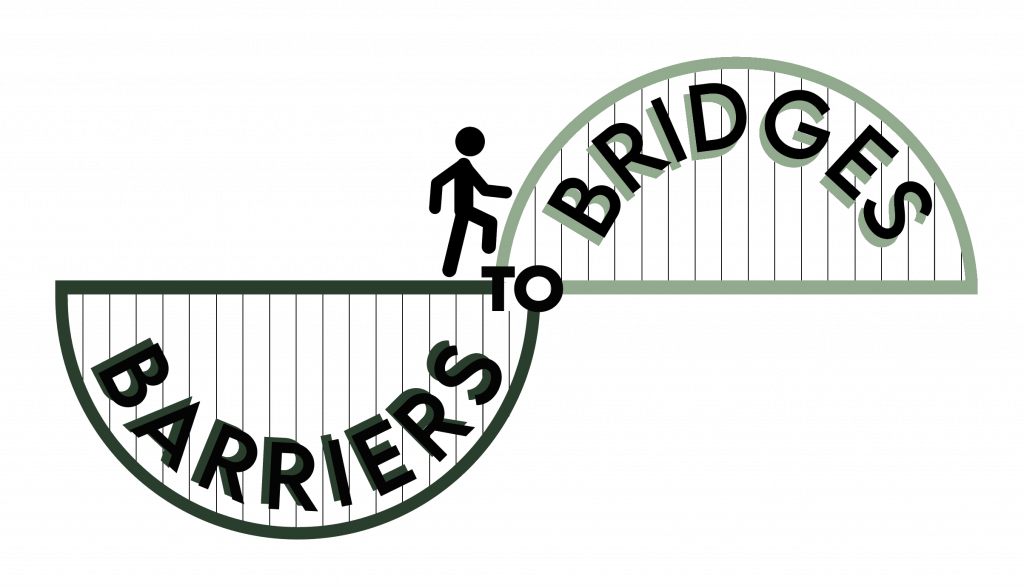by Nina Chesworth
I want to tell you a little about me and my aim to walk 123 miles to raise awareness and funds for Charles Bonnet Syndrome, a condition that affects people with sight loss of any age, including children. This condition causes vivid silent visual hallucinations.
I am a 38-year-old blind woman living in Manchester. At two years old I contracted the flu virus, resulting in damaged vision. Living life as a visually impaired person carries many challenges and, after an accident at work, I lost my right eye.
I adjusted to life with one eye and went on to have my, now 10-year-old, son and set up my own business, a creative Cafe in Manchester but, nearly three years ago, an accident to my remaining eye resulted in sight loss. Losing 95% of my retina it has left me with no vision but a little light perception.
I also developed a condition called Charles Bonnet Syndrome (CBS). This is an incredibly common condition that affects people who have lost over 60% of their vision. It causes vivid, silent, visual hallucinations, which range from disturbing to terrifying.

It is the brain firing up and creating its own images. For me, the hallucinations are constant, from the moment I wake up to the moment I go to sleep. I see colours, shapes, patterns, blurred words, unicorns, cartoon characters, and then there are the scary ones, like Ghost faces, animals with drooling snarling teeth, zombie faces with no eyes and blood dripping from the sockets. These all appear in front of me where my sight would have been, almost like a projection. The only part where there is a break in the hallucinations, is the small bean-shaped section where the light comes through. Living with CBS now for three years I have managed to come to terms with what the condition is and manage it well. I am not saying it is not difficult. There are days I want to curl up away from the world and try to escape what I see but I have learnt that this causes isolation and exacerbates the condition. I have learnt that talking about my hallucinations with my peers, meditation and exercise help me manage them. I have started an Esme’s Friends support group in Manchester and I facilitate our nationwide groups, helping others to understand the condition and not feel alone as I did.
Esme’s Umbrella is an awareness campaign set up by Judith Potts. Judith’s mother Esme lived an independent life, glaucoma was diagnosed when she was in her eighties, but it was when Charles Bonnet Syndrome struck that her life changed irretrievably. Trying to find answers for her mum, not coming up with much, Judith decided to write about it in her column as a health writer. Sadly, Esme passed, and Judith decided to set up Esme’s Umbrella in her memory, so no one would have to struggle with lack of support and knowledge of the condition. In the five years the organisation has been creating awareness, through interviews, public speaking events and partnerships. The campaign has managed to source funding for several research projects, where they are trying to find out much-needed information about CBS. The future is looking bright for Esme’s Umbrella, more people are joining to help create much-needed awareness and raising funds. I am one of those helping with spreading the word – creating fundraising events and supporting those raising money. I am passionate about the support Esme’s Umbrella provides and take a keen role in helping this become a reality.
At least half of the 2,000,000 people in the UK with sight loss will develop CBS but there is little awareness of the condition, either among health professionals or in the community, despite it being documented 300 years ago. Too many people assume wrongly, the hallucinations mean a mental health condition and confide in no one as I did. I kept it from my family for nearly four weeks after losing my sight. The hallucinations got too frightening, and I could no longer keep it to myself. When I finally told my husband and mum, they were understanding but didn’t have answers. This is when we began our research, coming up with very little we were worried. Then we came across Esme’s Umbrella, and everything started to fall into place.
Currently, Professor Dominic Ffytche – Reader in Visual Psychiatry – is the sole, globally-acknowledged expert and first researcher in CBS. You can count on one hand the number of CBS research projects, all in the UK, though minimal, they have helped the understanding of this perplexing condition. No two people with CBS have the same experience and much more medical and psychological support is needed. Not only is there a lack of awareness and research, there is no pathway for diagnosis, treatment and support.
In the three years of my blindness, I have started on a wellness and self-care journey. One of the things I find helps the severity and longevity of the hallucinations is exercise, regular yoga practice and walking.
With all of this in mind, I have decided to do a fundraising event to raise money for Esme’s Umbrella – they helped me with no end.
I intend to walk from Exeter to Lands End – 123 miles. Why, you ask? Well, my in-laws live in Cornwall, and we have done many journeys down the A30. I always wondered what it would be like and how long it would take to walk it. Devon and Cornwall are such beautiful counties and I have very fond memories of the area. It is also an open and nature filled environment.
2021 is all about challenges for me. The walk will start in Exeter centre on August 14th, and we are looking to complete it in ten days. I will have a guide with me the whole time because I like a challenge, but not that much of one!
I am determined to create more awareness of CBS and raise the much-needed funds to support those dealing with the condition, on top of their sight loss journey, especially in these times. The Royal National Institute for the Blind (RNIB) and Esme’s Umbrella have recorded the anxiety and isolation of lockdowns have exacerbated episodes of CBS and peoples’ hallucinations have become much more frightening.
If you or anyone you know has developed Charles Bonnet Syndrome as a result of losing over 60% of your sight through any condition or accident, please don’t be alone. There is support out there. For further information, you can visit the above link to contact the helpline and an email. There is also a directory of our Esme’s Friends groups. Do give it a try. It has really helped me live with this condition and manage everything around it.
Editor’s note: If you would like to sponsor Nina’s walk or make a donation please visit her Crowdfunding Page here.
© 2021
